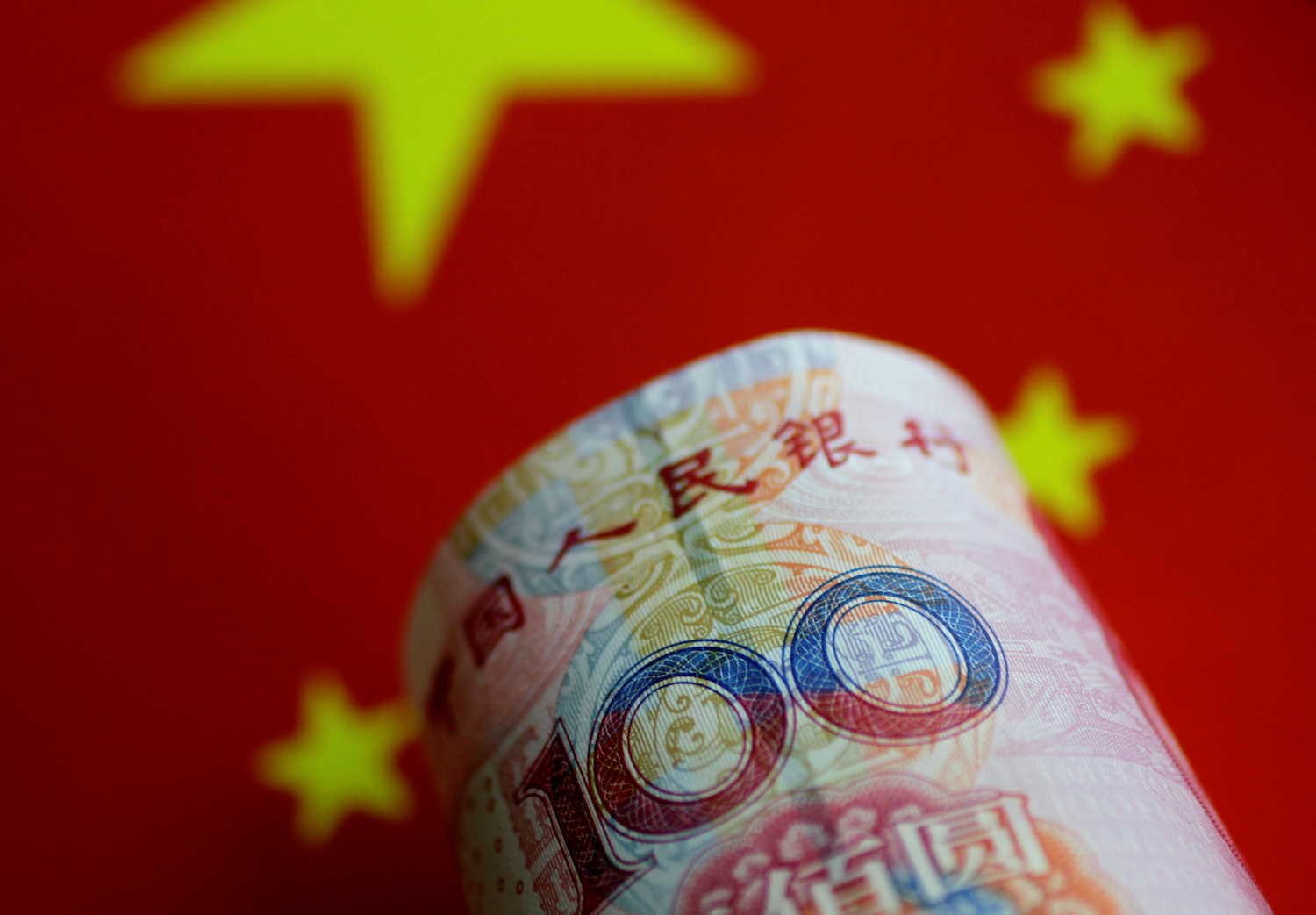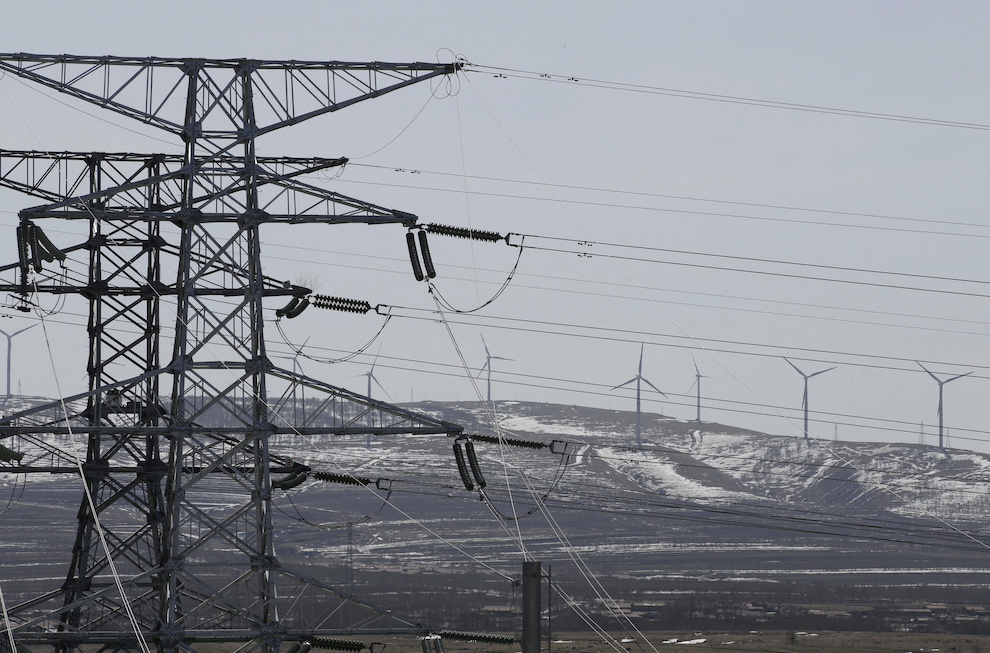(ATF) The dollar rose about 0.5% to the yuan on Friday March 12, but Chinese authorities appear to have been trying to rein in their surging currency.
China has long held a tight grip on the RMB/yuan due to concerns that excessive volatility could affect capital flows and harm the economy. Unlike other large economies, Beijing does not allow fully unrestricted cross-border money transfers, and foreign currency cannot be freely converted into yuan.
Regulators have tightened the screws on foreign exchange transactions in a major export hub by restricting conversions of exporters’ dollar earnings, people familiar with the matter told Reuters.
Since late November, the foreign exchange regulator in the coastal province of Zhejiang has asked commercial banks in the city of Yiwu to only accept customs declaration forms from the previous year for conversion of dollar receipts into yuan, three banking sources said, on condition of anonymity.
The previous rules for Yiwu’s exporters allowed them to simply present customs forms from any time period showing foreign currency receipts for quick conversion to yuan. Many exporters simply sat on their foreign earnings.
But rapid yuan gains of nearly 10% since the second half of last year have led to a rush of conversions into the domestic currency as exporters seek to reduce foreign currency exposure risks.
“Many companies even purchased outdated customs forms for conversion. The surging demand for conversions into yuan forced the FX regulator to plug the loophole,” one source was quoted as saying.
The State Administration of Foreign Exchange (SAFE), China’s currency regulator, did not immediately respond to a request for comment.
Regulators have introduced a slew of measures since late last year to trim capital inflows and allow more outflows. Analysts believe the moves signal concern with the pace of the yuan’s rise.
Dollar up 0.5% against yuan
The new Yiwu regulation appears to reinforce these concerns, as it effectively blocks the conversion of old earnings, helping to reduce demand for yuan in Yiwu. One source said the move suggested authorities are trying to stabilise the yuan.
Yiwu, China’s export capital for small commodities such as Christmas trees, souvenirs and toys, is often watched as a gauge of the health of the nation’s overall export sector.
On Friday March 12, the onshore yuan exchange rate against the US dollar jumped nearly 200 points to 6.4728 at opening. The offshore yuan rose above the 6.48 mark against the US dollar. As of 9:32am China Time, the onshore and offshore yuan were quoted at 6.4818 and 6.4793 against the dollar, respectively, according to Shanghai Securities News.
Central parity of the yuan against the dollar rose by 125 basis points from the previous trading day to 6.4845.
But at the end of trading, the dollar was up around 0.5% versus the offshore yuan. The dollar was gaining some support versus Asian currencies because of rising US-China tensions, Derek Halpenny, head of research at MUFG, told Reuters. Other traders said further positive steps in the vaccine rollout and passage of the Biden stimulus bill had boosted the USD.
Zhang Ming, deputy director of the Institute of Finance of the Chinese Academy of Social Sciences and deputy director of the National Finance and Development Laboratory, stated at the recent ‘China Financial Development Outlook 2021’ meeting that in 2021, the yuan exchange rate against the dollar will face greater uncertainty and may find a central level around 6.4.
And, China’s foreign exchange reserves may grow moderately and not change significantly. In the context of the appreciation of the yuan exchange rate and the high spread of domestic and foreign interest rates, the internationalisation of the yuan will accelerate again.
With reporting by Reuters
























